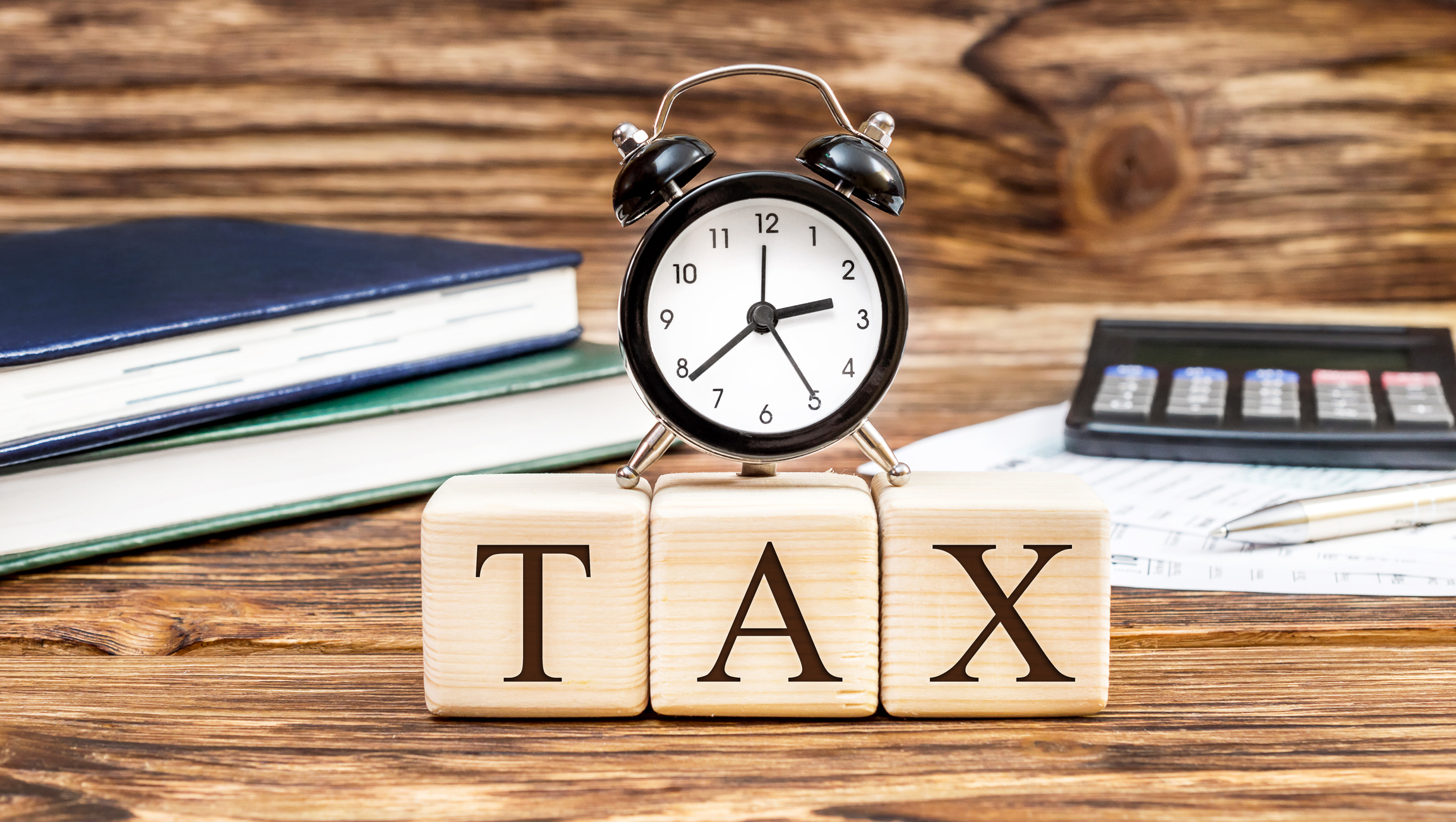Employer Identification Number (EIN)
Companies should request an EIN from the IRS is they have employees; they need to pay employment, excise, or alcohol, tobacco, and firearms taxes; or they withhold taxes on non-wage income paid to a non-resident alien. Even if your business isn't required to have an EIN for federal tax purposes, businesses will often need one for banking or state tax purposes.
EINs are also required to operate these types of businesses:
Fortunately for businesses, the EIN is one of the simplest interactions that it's possible to have with the IRS. If your business is based in the United States, you can get an EIN in one of three ways:
- Apply online (turnaround, immediate);
- Fax Form SS-4 to 855-641-6935 (turnaround, four business days); or
- Mail Form SS-4 to IRS, Attn: EIN Operation, Cincinnati, Ohio 45999 (turnaround, four weeks).
Preparer Tax Identification Number (PTIN)
Since January 2011, all paid tax preparers have been required to have a PTIN, including those who previously had preparer tax identification numbers. The IRS defines paid tax preparers as individuals or businesses that "for compensation, prepare all or substantially all of any federal tax return or claim for refund."
A PTIN can be obtained online or via Form W-12, which takes four to six weeks to process.
Related investment topics



















